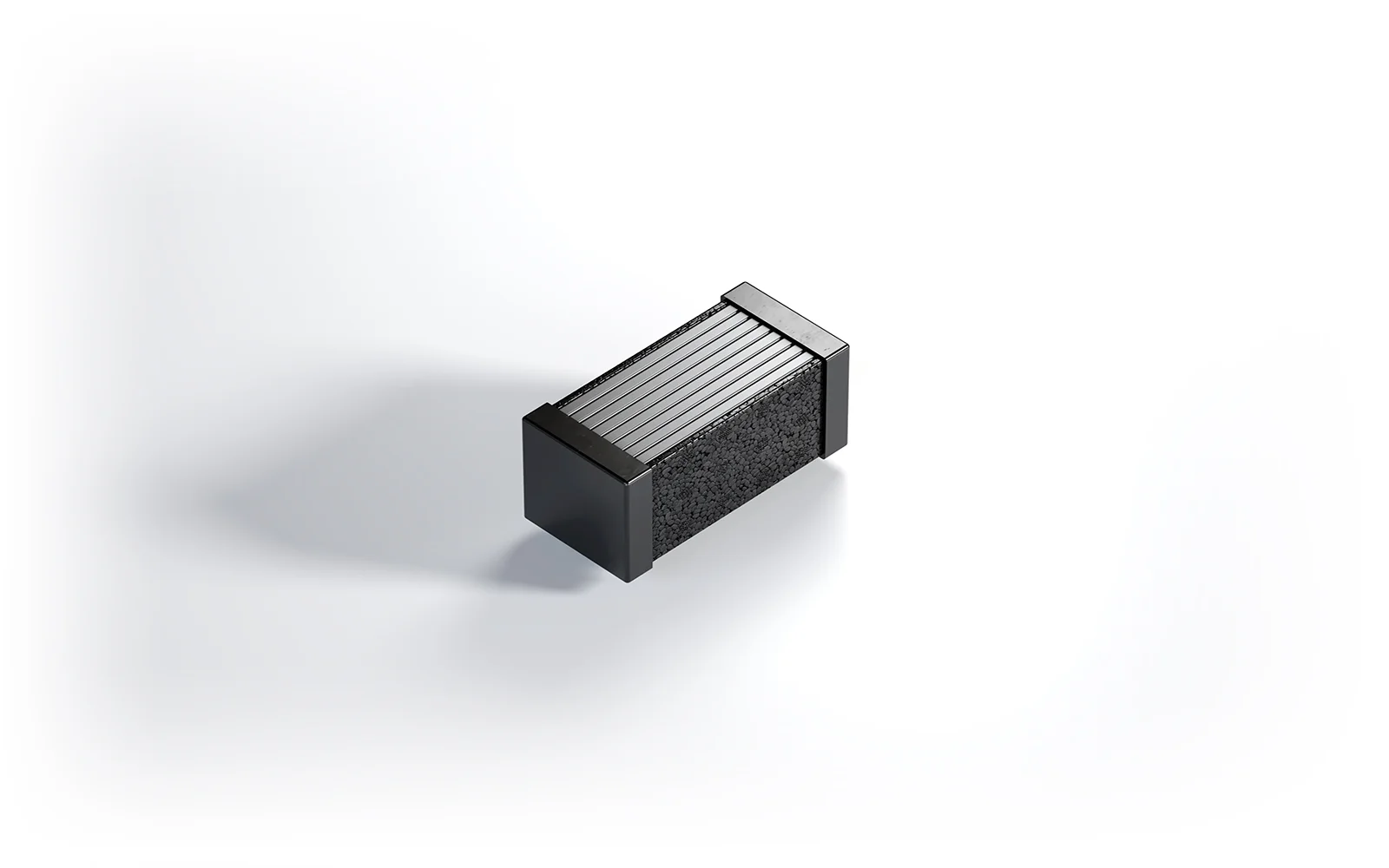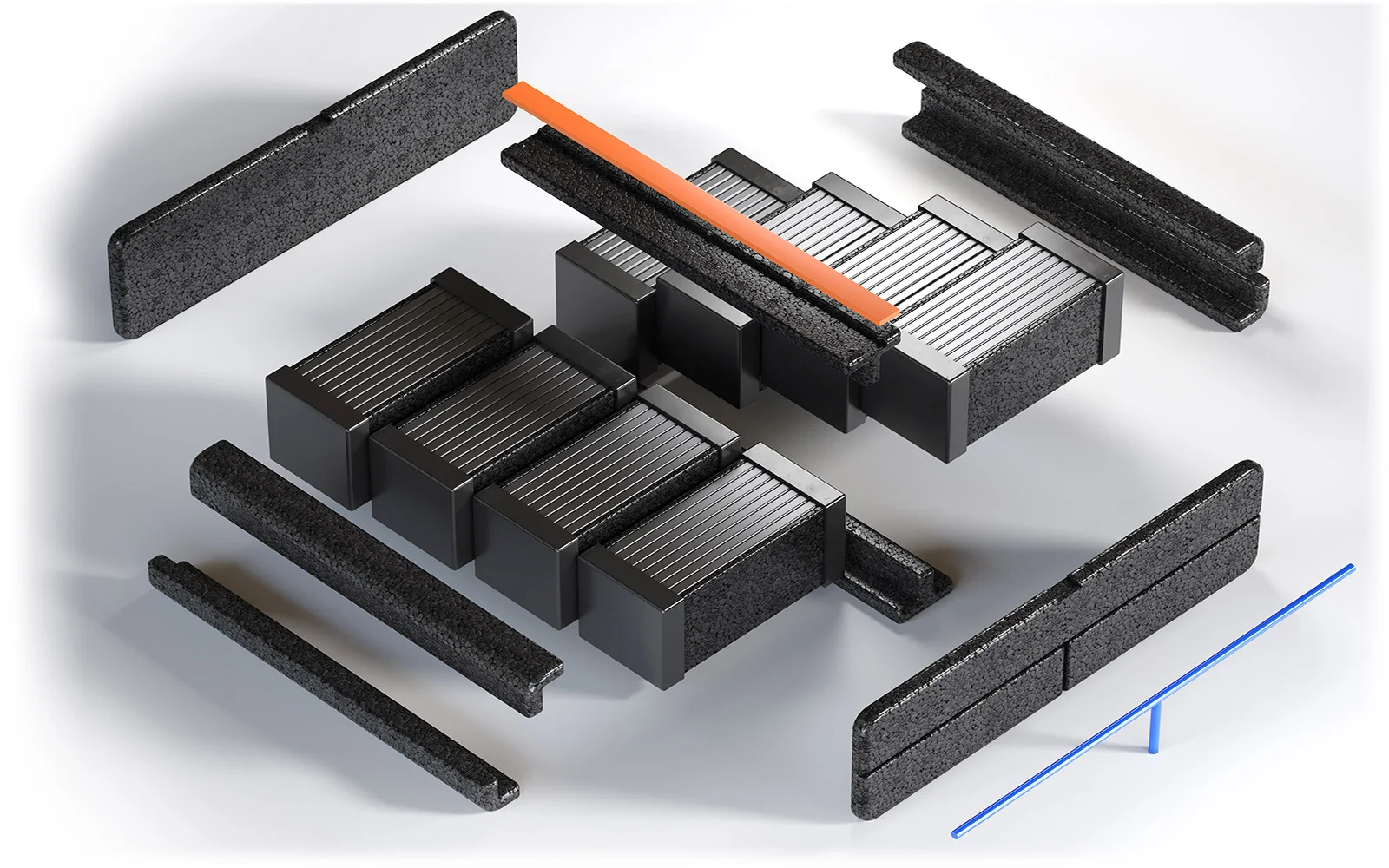Some drivers think that electric cars do not prove themselves in colder climates in Europe. The range of an electric car in winter is slightly smaller than in summer; however, the experience in exploitation of such vehicles in the exceptionally cold climate in Scandinavia demonstrates that it does not make any problem. It is enough to consider some aspects of exploitation.
The range of electric cars in winter during frosts is lower than in warmer spring and summer months. It is estimated that on one battery charging you can travel in average about 20% kilometres less, which may cause anxiety of many drivers. Nevertheless, the experience from such countries as Sweden, Norway or Canada demonstrates that despite of extremely low temperatures, exploitation of such a car is comfortable and even provides additional benefits. Today even every second new car purchased in Norway features an electric drive and their drivers are eligible to numerous privileges, such as lower registration fees, free parking places or less expensive ferry boat fares. It is also worth remembering that in case of electric cars the problem with frozen fuel or starting an engine after a cold night is no longer an issue. In order to extend the range of the battery on one charging and to use an electric car in winter without any anxiety, it is enough to follow a few principles
Why is the range of electric cars reduced in winter?
It is commonly known that power cells or batteries lose their original capacity and get discharged quickly in low temperatures. The optimal temperature range for the batteries used in electric cars is 20-25°C. At lower temperature values the level of electric energy accumulated in the car battery diminishes. Why does this happen? The electrolyte gets coagulated and its ability of energy storage diminishes. In practice in the temperatures below zero the range of an electric car can be reduced over a dozen or so or even several dozen percent. Also charging of the car accumulator in an electric car in low temperatures is slower and frequently it has to warm up in the beginning in order to reach the required level of charging faster. Therefore, sometimes it is advised to start the system of heating the battery early enough before visiting a charging port or plugging the car into the mains. Manufacturers are still working on technologies which are objected to improve battery output in such adverse conditions.
Technologies capable of extending the range of an electric car in winter

The science sector and manufacturers of the batteries for electric cars are still looking for ways of increasing their operation temperature range. For example, the studies of the scientists from the Pacific Northwest Laboratory demonstrated that a lithium-ion battery can operate trouble-free even in temperatures from -40°C to +60°C. This effect was accomplished after a series of changes of five different additives to the electrolyte in different proportions and the final selection of the best combination of three compounds. However, it is still an experimental solution, but in the electric cars that are already produced nowadays, the technologies are applied, which are to improve the battery operation conditions and increase their range, such as e.g. an active heating and cooling system or eco driving mode. On the other hand, innovative materials are used in the housing of the battery set featuring excellent thermal insulation properties.
One of them is expanded polypropylene EPP, from which the Knauf Industries Company manufactures insulation systems for car batteries that fulfils different protective functions of e.g. battery cell separators or fastening rails. Carefully designed components from the foam structured material suppress heat transfer between the particular elements, thus preventing excessive cooling or heating of cells. In addition, this light material amortizes shocks and prevents electrical breakdowns, which may be a cause of battery failures. The operation temperature of a battery for an electric car is not the only factor that reduces its effectiveness.
Electric car and frost – the ways to increase battery capacity

The way of car exploitation influences significantly the range of the battery, especially in winter, when it has to supply also the heating system of the car interior. A good way to drive a few additional kilometres is lowering the temperature inside of the car by a few degrees, which will allow to diminish energy expense. In spite of appearances, you should not switch off the heating completely, because switching it on again will result in larger consumption of energy necessary to warm up already cold cockpit. Also driving style is very meaningful. You should avoid sudden acceleration and drive with a moderate, constant speed. It is worth switching on Eco driving mode, which will allow for automatic reduction of motor output and diminishing of energy consumption. Moreover, it can for example increase energy recuperation while breaking on traffic lights. In winter season it is recommended to plan routes in the way so as to charge the battery more frequently. The influence on the range of an electric car can also be exerted by simple and obvious exploitation measures such as for example cleaning a car of snow. A layer of snow deposited on the roof increases the weight of a car and deteriorates its aerodynamics, which means increased energy expenditure while driving. Also, air pressure in tires should be checked – in winter it is diminished due to low temperatures and it is transferred to higher rolling resistance and diminished range.